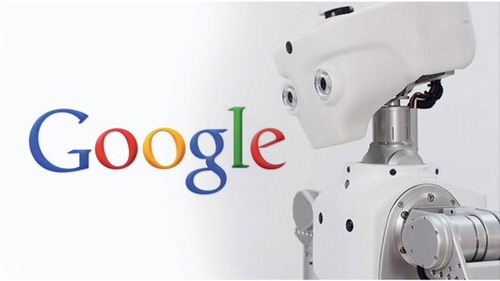What came as more of a surprise, however, was that all of the devices are integrated, tied together with Google’s software, cloud services and, most notably, artificial intelligence. Yes, it’s AI that really makes all of Google’s new devices intriguing
If you missed Google’s big announcements yesterday morning, well … you missed Google making some big moves. If there was a theme that encompassed all of the hardware and software news coming from the event, it was: control. The question is: Is Google giving you more control, or is that posturing just a guise for Google controlling you? Before we get to that, let’s back up a second and recap the goodies Google showed.
None of the hardware came as much of a surprise; we got the Pixel phones we expected — with some serious specs and a convincing camera – the new $70 4K Chromecast Ultra streaming dongle — with a hard-line Ethernet connection (thanks Google) – Google Home — which is very clearly a swipe at Amazon’s Alexa-armed speakers – and Daydream, a super-comfy evolution of Google’s cardboard VR headset.
The evolution of Google assistant continues and at a press event on October 4 Google released details of how the AI companion has been improved. Google’s new smartphone, the Pixel has Google Assistant built in.
What came as more of a surprise, however, was that all of the devices are integrated, tied together with Google’s software, cloud services and, most notably, artificial intelligence. Yes, it’s AI that really makes all of Google’s new devices intriguing. The Google Home speaker, for instance, can answer all kinds of questions Amazon’s Alexa can’t. Plus, it will let you control Chromecast devices throughout your home.
And given that Google is known for keeping its architecture open, and developers are used to using it, you can bet it will be able to control your smart thermostats, door locks, and other connected home devices very soon. More important is the idea that there’s such a thing as your Google. The more you use Google to help you get places, schedule appointments, set reminders, and fetch information, the more Google can proactively assist you and just you.
If you’re thinking this all sounds a little more scary than it does exciting, you’re not alone. DT’s Andy Boxall has some interesting observations and prognostications to share in a pointed Op-Ed on Digital Trends.

